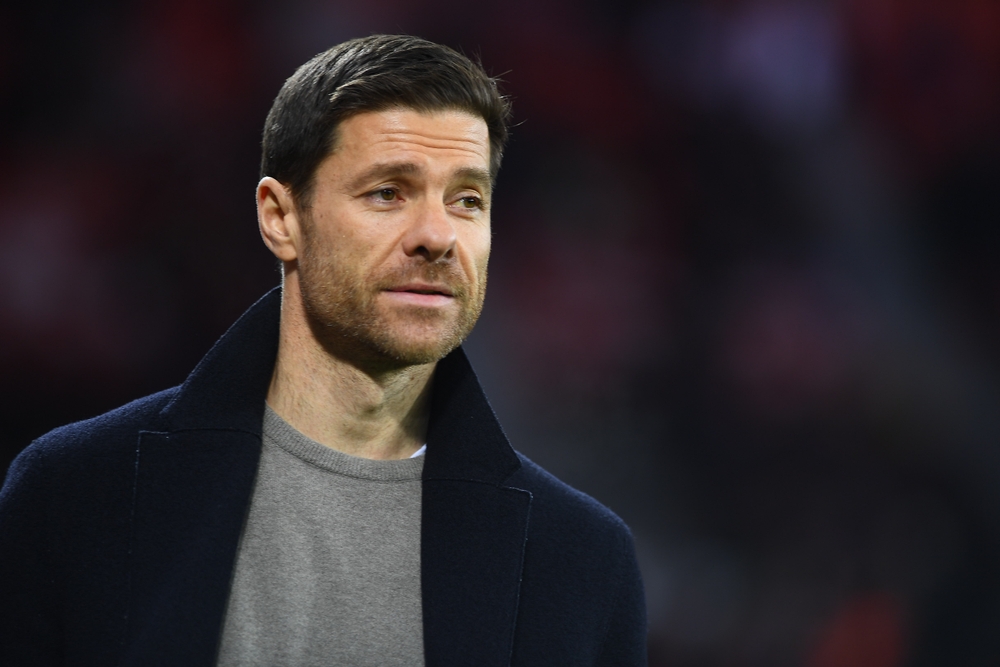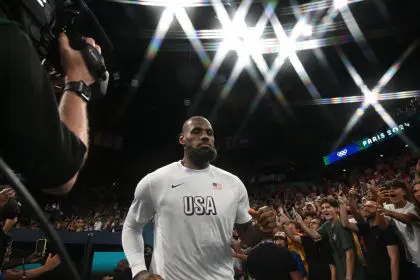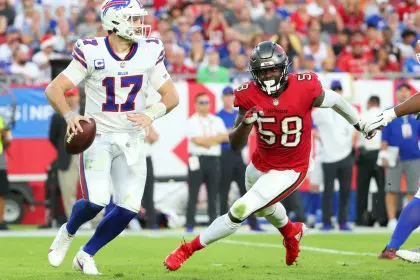You know that feeling when you watch someone who just seems born for greatness? That’s Xabi Alonso in a nutshell. The man who once dictated the tempo for Liverpool’s miracle in Istanbul, orchestrated Spain’s golden generation, and made passing look like poetry at Real Madrid and Bayern Munich, is now ready to work his magic from the sidelines. And honestly, it’s about time.
Three years ago, Alonso was just another retired footballer with coaching dreams. Today, he’s walking into the Bernabéu as one of the most sought-after managers in world football. How does someone make that leap so quickly? Simple: when you’ve got the football IQ of Einstein and the tactical vision of a chess grandmaster, apparently three years is all you need.
Let’s be real here—most former players who jump straight into top-level coaching crash and burn faster than a cheap barbecue grill. But Alonso? He took the scenic route, starting with Real Madrid’s under-14s and working his way up through the ranks like someone who actually understood that managing grown men might require a bit more preparation than just showing them your trophy cabinet.
The apprenticeship that nobody talks about
While other legendary players were getting handed Premier League jobs they weren’t ready for, Alonso was teaching teenagers how to pass properly. Picture this: a World Cup winner, Champions League legend, and midfield maestro patiently explaining basic positioning to 14-year-olds. That’s not just humility—that’s someone who understands that greatness in coaching, just like in playing, requires building from the foundation up.
His time at Real Sociedad’s reserves proved he wasn’t just slumming it for show. Taking a third-tier team and getting them promoted to the second division for the first time in 60 years isn’t exactly what you’d call a fluke. Players who worked with him during those early days describe someone who was already displaying the tactical flexibility and man-management skills that would later transform Bayer Leverkusen into an unstoppable force.
What makes Alonso different from other former players turned coaches is his ability to connect the dots between what he learned as a player and what he needed to teach as a manager. Having been coached by Pep Guardiola, José Mourinho, Carlo Ancelotti, and Rafa Benítez, he essentially attended a masterclass in tactical philosophy taught by some of the greatest minds in football history.
Leverkusen’s perfect season wasn’t an accident
When Bayer Leverkusen hired Alonso in October 2022, they were sitting 17th in the Bundesliga and staring at relegation. Less than two years later, they had completed an entire domestic season without losing a single game. That’s not just impressive—that’s the kind of transformation that makes other coaches question their life choices.
The secret wasn’t just tactical brilliance, though Alonso certainly brought plenty of that. It was his ability to make every player believe they were part of something special. Granit Xhaka, who had become something of a lightning rod for criticism at Arsenal, suddenly looked like the midfield general everyone thought he could be. Florian Wirtz developed into one of Europe’s most exciting attacking talents. Players who had been good became great, and great players became unstoppable.
Alonso’s tactical flexibility at Leverkusen was like watching a master chef who could make a five-star meal regardless of what ingredients you gave him. Sometimes they controlled games with 65% possession, other times they won with less than 50% of the ball. They could press high and aggressive, or sit back and counter-attack with devastating efficiency. The key was that they always seemed to know exactly which approach would work best.
The numbers don’t lie about Alonso mastery
Here’s where things get really interesting from a tactical perspective. Under Alonso, Leverkusen created at least three buildup attacks—sequences with 10 or more passes ending in a shot or touch in the box—in 57% of their matches. When they hit that mark, they averaged 2.38 points per game. When they didn’t, that number dropped to 1.85. That’s not coincidence; that’s systematic excellence.
The late-game heroics became legendary, but they weren’t just luck either. Leverkusen had a plus-32 goal differential from the 80th minute onward during Alonso’s tenure. In their unbeaten season, they outscored opponents 34-5 in all competitions from minute 80 onwards. That kind of dominance in crucial moments doesn’t happen by accident—it’s the result of superior fitness, tactical preparation, and unshakeable mental strength.
What’s particularly impressive is how Alonso managed to maintain this level of performance without relying on a single tactical system. His teams averaged 2.19 points per game when they had less than 50% possession, and 2.15 when they controlled the ball more. Most coaches have one way of playing and stick to it; Alonso had multiple tools and knew exactly when to use each one.
Real Madrid’s perfect timing for Alonso arrival
Walking into Real Madrid right now is like being handed a Ferrari with engine problems—there’s incredible potential, but some serious work needs to be done under the hood. The talent is undeniable: Kylian Mbappé, Vinícius Júnior, Jude Bellingham, and Rodrygo represent some of the most exciting attacking players in world football. The problem has been getting them to function as a cohesive unit rather than four individual superstars.
This is where Alonso’s experience and tactical intelligence become crucial. He’s not inheriting a team that needs a complete rebuild; he’s getting a collection of world-class players who just need someone smart enough to figure out how to make them work together. It’s like being given all the ingredients for a perfect meal—you just need to be a good enough chef to combine them properly.
The defensive issues that plagued Real Madrid this season—38 goals conceded in LaLiga, their highest total since 2019—provide Alonso with a clear area to focus his tactical attention. Having worked with players like Jonathan Tah and Edmond Tapsoba at Leverkusen, he understands how to build defensive solidity without sacrificing attacking creativity.
The Xabi factor that changes everything
What separates Alonso from other young coaches isn’t just his tactical knowledge—it’s his understanding of pressure and expectation. He’s already been through the Real Madrid experience as a player, dealing with the media scrutiny, fan expectations, and political dynamics that come with managing the world’s biggest club. He knows what it feels like when 80,000 people at the Bernabéu are expecting magic every single match.
Former players who worked with Alonso consistently mention the same qualities: his ability to communicate complex ideas simply, his knack for making each player feel valued and understood, and his calm presence during high-pressure situations. These aren’t just nice-to-have qualities for a Real Madrid coach—they’re absolute necessities.
The upcoming FIFA Club World Cup provides Alonso with the perfect opportunity to implement his ideas in a competitive environment with slightly less pressure than a Champions League knockout round. It’s like getting a dress rehearsal before the main performance, allowing him to fine-tune his tactical approach and build the chemistry that will be crucial for long-term success.
Building something special at the Bernabéu
The challenge facing Alonso isn’t just tactical—it’s cultural. Real Madrid has gone through seven former players as coaches, with only Zinedine Zidane lasting more than a year and a half. The pressure is immense, the expectations are unrealistic, and the margin for error is essentially nonexistent. But if anyone has the combination of football intelligence, leadership experience, and understanding of the club culture needed to succeed, it’s Alonso.
His track record suggests he won’t just survive at Real Madrid—he’ll thrive. The same qualities that helped him transform Leverkusen from relegation candidates to champions will serve him well in Madrid: tactical flexibility, clear communication, and the ability to make every player believe they’re part of something bigger than themselves.
Real Madrid isn’t just getting a coach; they’re getting someone who understands what it means to represent the club at the highest level, who has the tactical sophistication to maximize their incredible talent, and who has already proven he can deliver results when the pressure is at its highest. The revolution starts now.
















